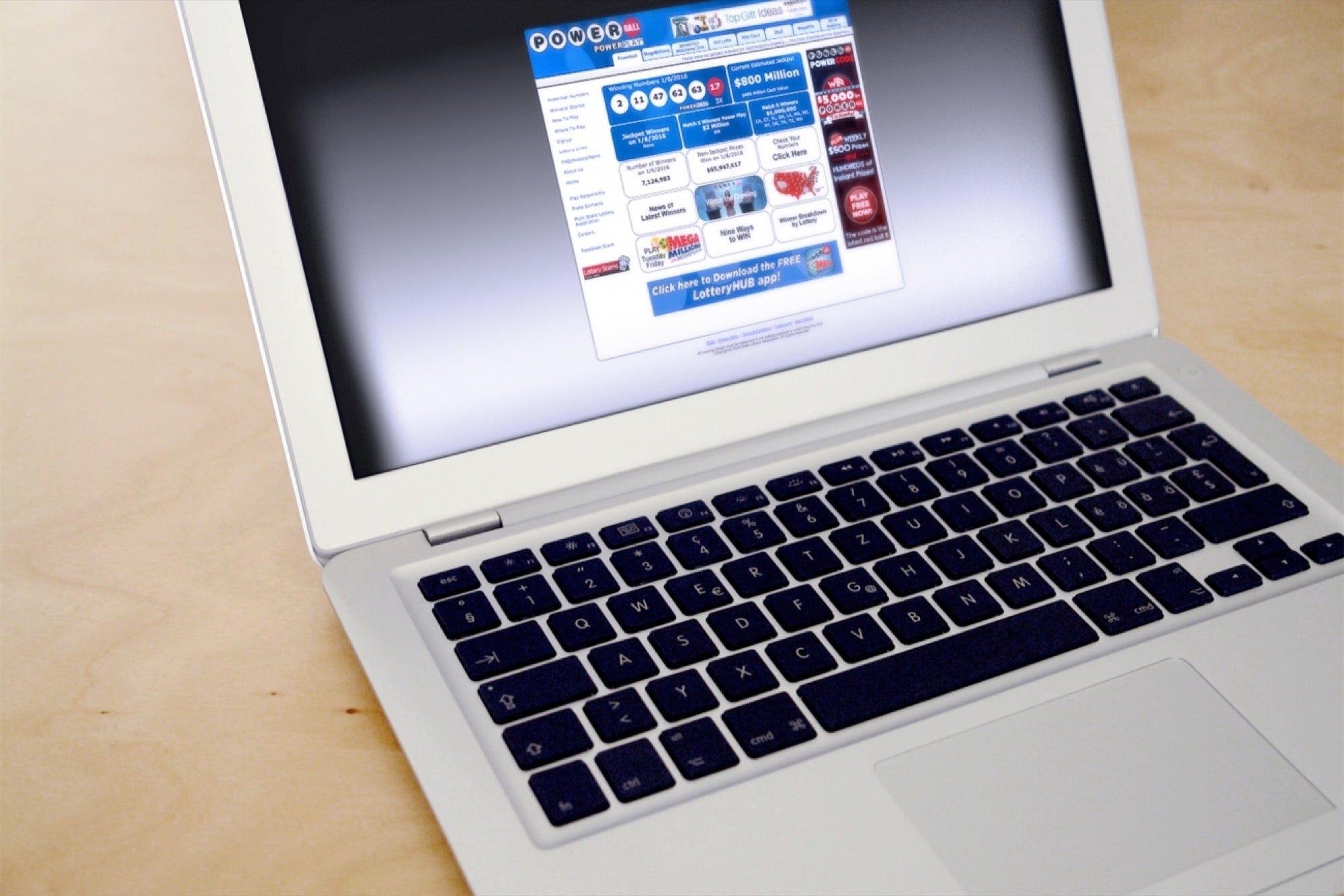It's Time for the Private Sector to Break States' Stranglehold on Lotteries All lotteries are simply taxes dressed as a way to better your financial health.
By Ray Hennessey Edited by Dan Bova
Our biggest sale — Get unlimited access to Entrepreneur.com at an unbeatable price. Use code SAVE50 at checkout.*
Claim Offer*Offer only available to new subscribers
Opinions expressed by Entrepreneur contributors are their own.

I've never been a fan of lotteries, particularly huge ones like this weekend's $900 million Powerball. Sure, occasionally I've bought a ticket or two. But I have a rule that I don't stand in long lines waiting for anything (with the exception of say, free Teslas).
No, the nutty, dollar-and-a-dream craziness has never been my scene. The biggest objection is that all lotteries are simply taxes dressed as a way to better your financial health. Most people think of lotteries in terms of the payouts, but they ignore the buy-in. By buying a ticket, a player is subsidizing government spending. Revenue that fuels state spending is one of three things: a fee, fine or a tax. And state and federal governments, after taking their percentage of the buy-in and assessing your winnings, end up with a lot more scratch than what the winner walks off with. It's a tax, pure and simple.
But my other philosophical objection is that they are noncompetitive and monopolistic. You and I can't decide to offer a lottery. That would, under law, be considered a "numbers racket," the likes of which Lucky Luciano, Abner "Longie" Zwillman and Meyer Lansky used to run nearly a century ago.
Related: What One Man's Fight Against the IRS Teaches Us About Entrepreneurship
The government, you see, doesn't trust private enterprise to manage something as important as a lottery. With a straight face, lawmakers -- who make their living picking the pockets of taxpayers -- tell us that only the state can ensure that people spending $2 a ticket on something with odds of winning of one in 292,000,000 will somehow be protected from fraud. Also, there's the whole moral-hazard argument, that the road to perdition starts with a bet -- unless that bet is sanctioned by the state.
That's obviously a lie. The consumer protections are quite simple. On the front end, lottery sellers are already used to the regulations, to ensure they don't have 11 year olds coming in to pay with mommy's Visa card. The lottery itself is pretty simple: a collection of numbered balls randomly shooting up a tube. Hire an Ernst & Young auditor to watch the whole thing, and you're good to go. As for the moral argument, people gamble every day. It's up to them, their consciences and God. If all else fails, they always have the confessional.
No, the real reason the government doesn't like to share the lottery is because it threatens lawmakers ability to tax. This is an important source of revenue. In fiscal 2012, lotteries contributed $19 billion to U.S. state coffers, according to the North American Association of State and Provincial Lotteries.
Privatizing lotteries nationwide would essentially steal revenue from state governments. Forget moral hazard. Forget protecting citizens from fraud. The only reason governments don't want a private company managing lotteries is that the private sector will do it better and probably make more money at it.
Government doesn't like competition. It never has. The reason is simple: Private enterprise will always, always do it better. The latest Powerball prize may be estimated at $900 million, but you have to wonder: If a private company ran it, would a national lottery routinely give weekly payoffs of much higher amounts than the Powerball average of just $80.7 million?
Allowing for private lotteries could be a boon for government, too. It's not that states and the federal government wouldn't get their take. Taxes could be assessed, and no doubt lawmakers in some states would slap a higher rate for lottery winnings than other income. Governments would almost certainly impose high regulatory fees to allow companies the privilege of offering these programs.
No matter what, outsized prizes like the current Powerball payoff should make us reflect on how noncompetitive, unfair and predatory the current system is. It is broken. It is wrong. There's a one-in-292,000,000 chance lawmakers will correct this injustice, but, for entrepreneurs with a taste for risk and long odds, it might be a bet whose time has come.
Related: Anchor Babies? What Really Matters in U.S. Presidential Race.











